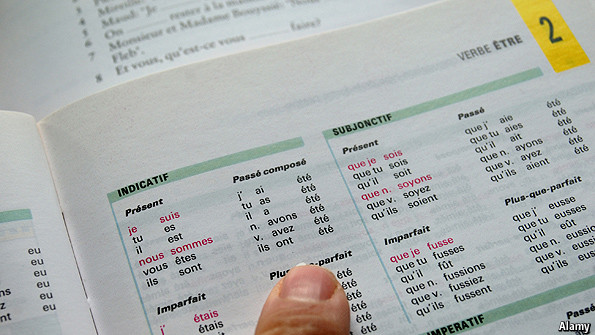
LAST week’s column was about the languages that have both formal and informal pronouns for you. It seems that, at least in the European languages, the informal pronouns are ascendant.
But they are a far from gone, and their persistence brings to mind another topic. That is the idea that languages shape thought in profound ways, a topic that Johnson has looked at before. In some languages, literally every time you say you, you have to express how you see the relationship between you and the other person. Is that person a friend, family member or child? Or, rather, a colleague, boss, old person, telemarketer or simply someone you don’t feel close to? The word depends on the relationship.
So do these languages force their speakers to pay more attention to social relationships? The idea is popular, but controversial among linguists and psychologists.
One argument for the…Continue reading
from Prospero http://www.economist.com/blogs/prospero/2013/12/language-and-thought?fsrc=rss
via IFTTT
